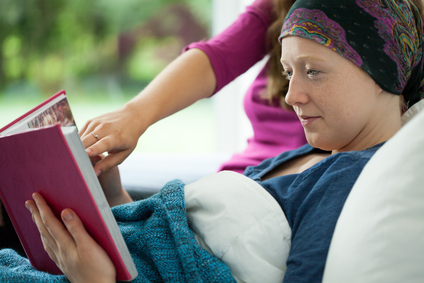Whether you opt for cancer immunotherapy or more traditional treatment methods, some family members may disagree with your choices. With open and honest communication, you can all work together to make sure you get the support you need.
Tips for Discussing Cancer Treatment
When a family member objects to your chosen form of cancer treatment, it’s usually caused by concern for you and fear of the unknown. Experts suggest the following tips for maintaining productive and positive discussions.
– As the patient, you are the one who will be directly affected, so your wishes should be considered first. You should also feel free to change your mind if circumstances change or you get new information.
– Talk about your priorities in choosing a particular course of treatment. Knowing what’s important to you will help others understand your decision.
– People may be uncomfortable talking about cancer and treatment options for a wide variety of reasons, including fear, lack of knowledge and religious beliefs. Ask a member of your healthcare team or an experienced counselor to be involved in the discussions.
– Identify problems that may arise during treatment so everyone is prepared.
– Find out from your doctor which decisions are urgent and which ones are less pressing. This helps reduce the amount of pressure that family members may feel.
Cancer Immunotherapy with a Personal Touch
Dealing with cancer is frightening for patients and their families. At Issels®, we refuse to let the disease rob you of your individuality. Our treatments are tailored to address your personal situation and needs.
Contact us to learn more about our non-toxic cancer immunotherapy programs.






